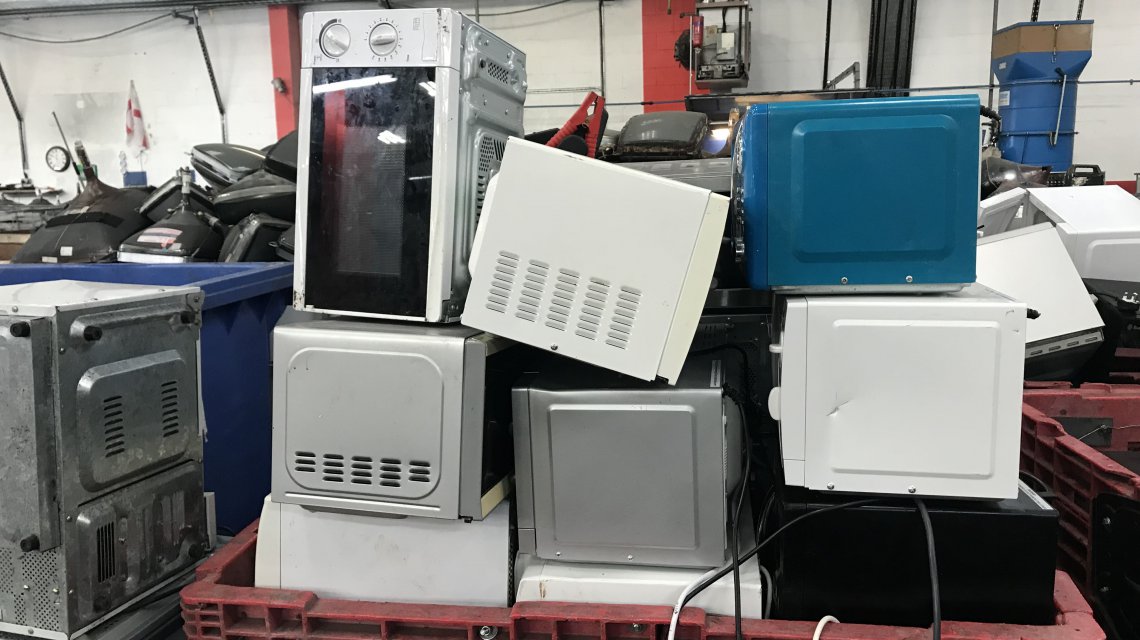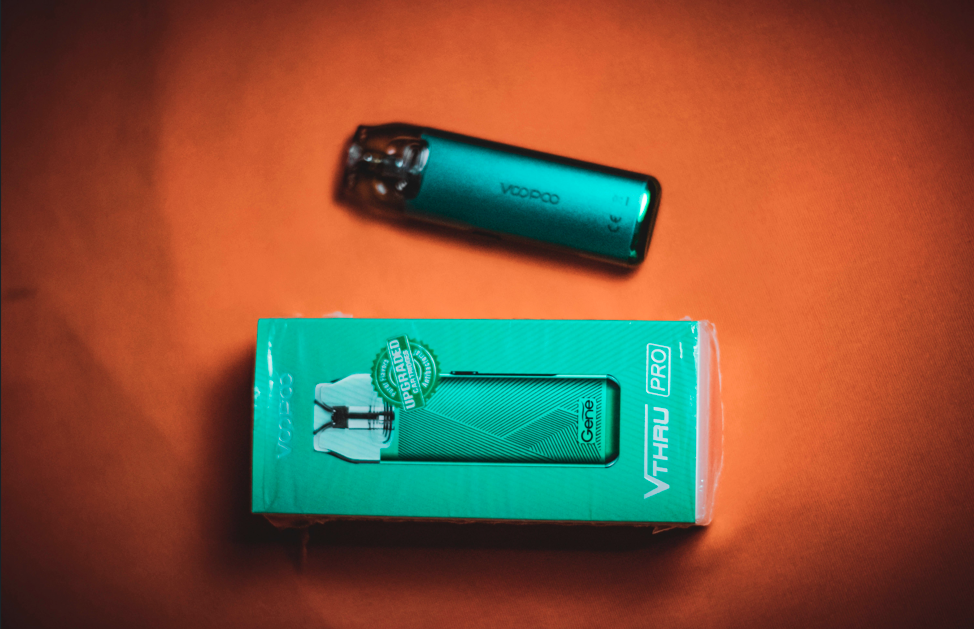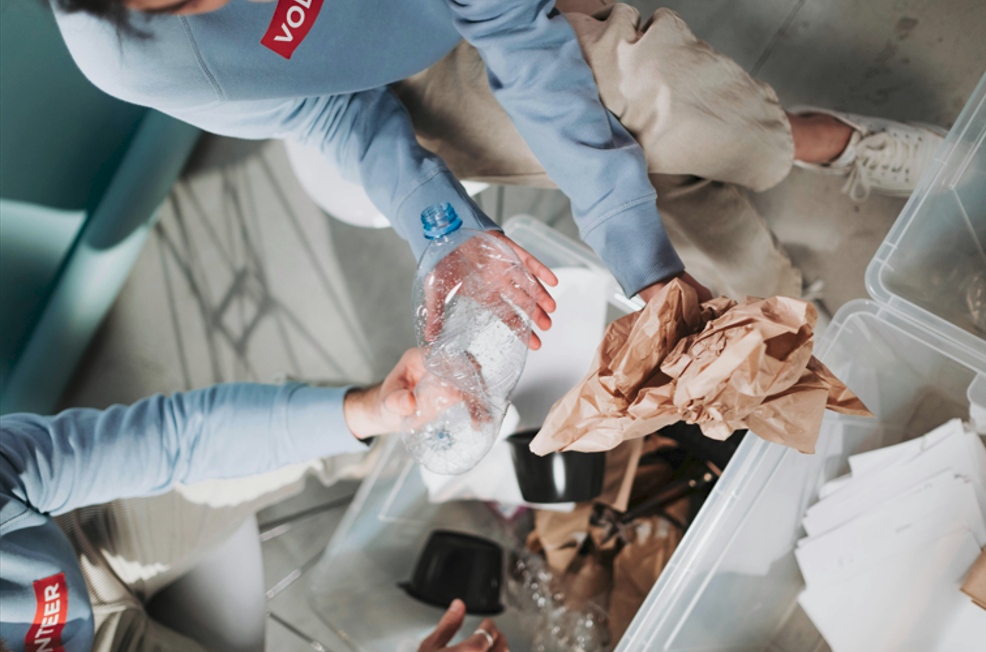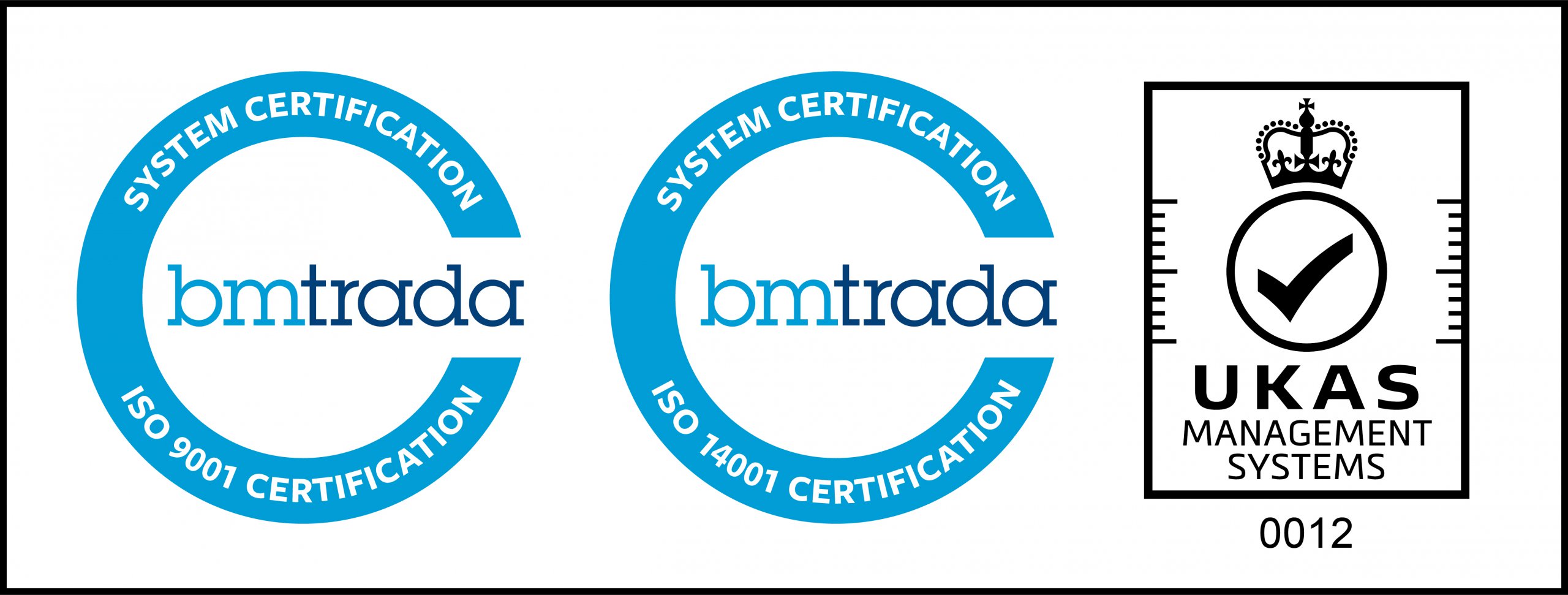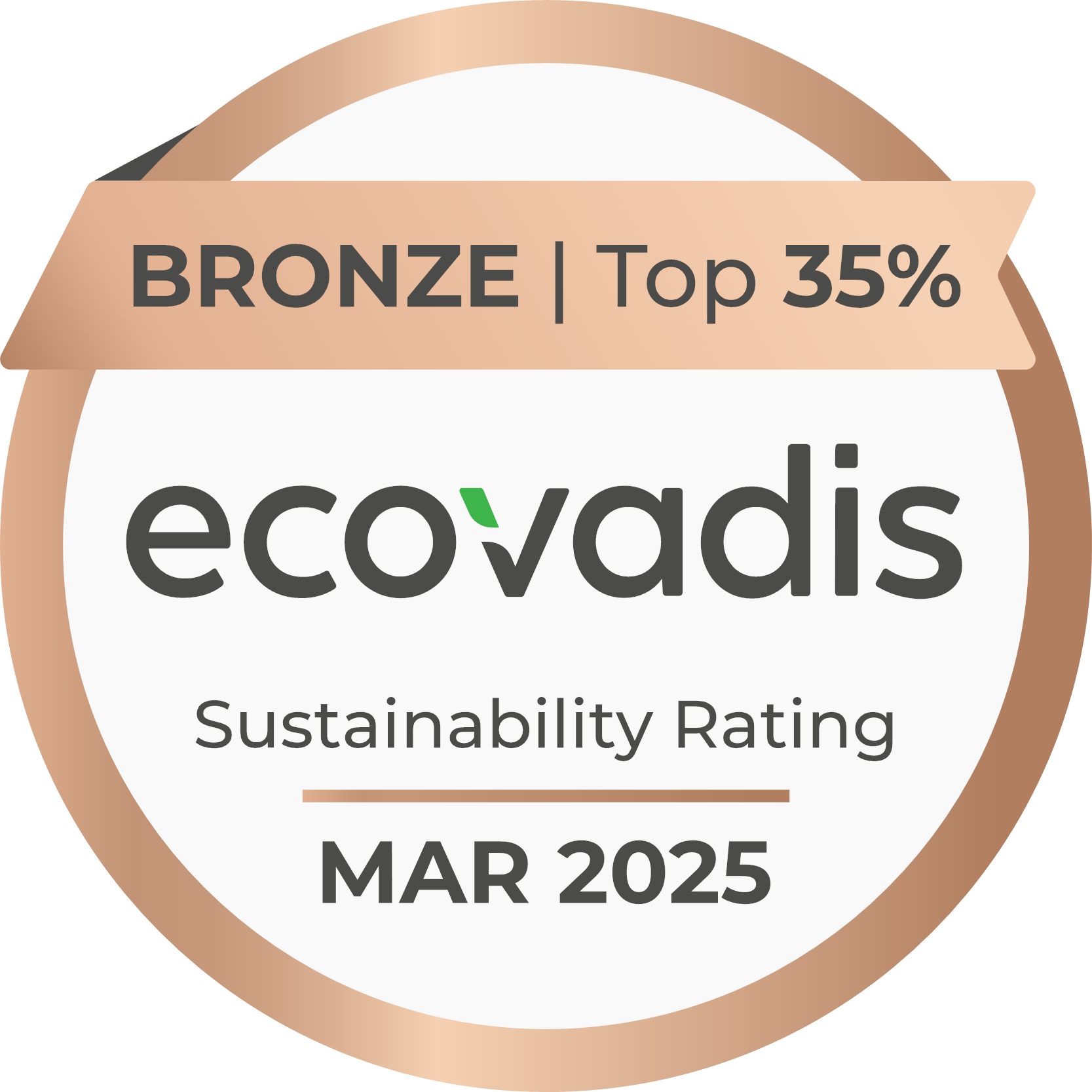The UK has missed its targets for the collection of Waste Electrical and Electronic Equipment (WEEE) for the sixth consecutive year in 2022, with a significant compliance fee now due.
The annual figures, published on March 2nd, revealed that a total of 467,517 tonnes of WEEE were collected in 2022, representing a 9% shortfall against a target of 511,376 tonnes.
Large household appliances (LHA) or domestic appliances (LDA), such as fridges and washing machines, are the largest contributor to the statistics and missed their targets by 11%. Only three categories of WEEE met their targets for the year: display equipment, automatic dispensers, and photovoltaic panels.
The 2022 results have prompted calls for changes to the WEEE regulations in the UK, with even the Department for Environment, Food and Rural Affairs acknowledging the need for reform. The UK is not alone in missing its targets, as European Commissioner Virginijus Sinkevicius has previously conceded that collection rates in Europe are not where they should be.
Failure to meet targets means that some producer compliance schemes will be required to pay into a 'compliance fee' fund to cover any shortfall in recycling evidence so that they can fulfil their recycling obligations for the year. Producer compliance schemes or PCS arrange recycling on behalf of obligated electrical and electronic equipment businesses.
The 2022 targets were raised by 4% on the previous year, and the failure to meet them has led to questions about the complexity of the WEEE system. Some argue that the way the targets are set is in need of review, as they can be affected by a number of variables outside of the government's control.
Despite the missed targets, a Defra spokesperson stated that "producers are still required to pay avoided costs through the WEEE compliance fee which supports initiatives to increase waste collections, communication campaigns and research intended to support future policy development." The department has also committed to consult on improving the producer responsibility scheme for waste electrical items with a view to making it easier for people to ensure more material is collected and recycled or reused.

